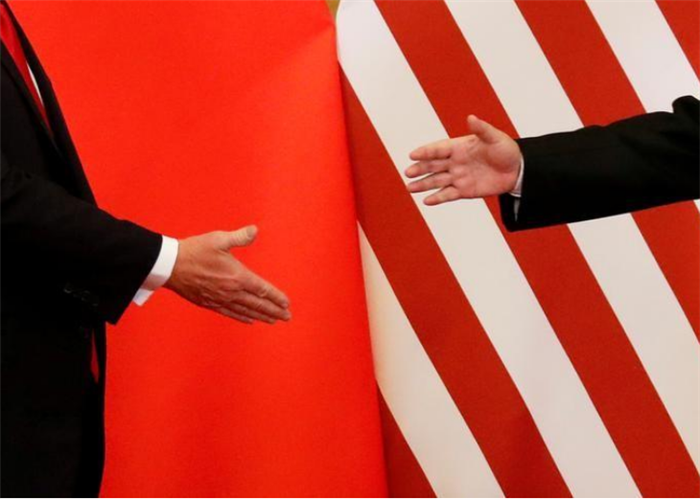
According to foreign media reports, in a letter to the Chinese government last week, senior officials of the Trump administration hoped that China would reduce the tariffs on imported cars, allow foreign capital to hold majority shares of financial services companies, and expect China to buy more US-made products. semiconductor. Informed sources pointed out that the above goals are part of the tasks of U.S. Treasury Secretary Steven Mnuchin and US Trade Negotiation Representative Robert Lighthizer in seeking negotiations with China.
Mnuchin said in an interview on March 25 that he has been actively promoting the agreement with China and hopes that China can open up the market, reduce tariffs, and stop demanding technology transfer. White House trade adviser Peter Navarro also confirmed that US President Trump asked Mnuchin and Lighthizer to try to resolve trade differences with China. "We hope that China can work with us to solve these problems."
On March 22, local time, US President Trump signed the president’s memorandum and plans to impose large-scale tariffs on Chinese imports worth US$60 billion, and limit Chinese companies’ investment in US companies’ mergers and acquisitions. Subsequently, the US stock market crashed. After the announcement of the Sino-US talks, the US stock market rebounded strongly on March 26.
On March 26, Premier Li Keqiang attended the 2018 annual meeting of the China Development Forum, saying that both China and the United States should maintain discussions and stated that China will further deepen reforms, expand openness, and continuously relax market access for foreign investment. The prime minister also stressed that "Made in China 2025" was promoted in an open environment and treated equally with domestic and foreign-funded enterprises. China will not force foreign companies to transfer technology, and will further strengthen intellectual property protection and crack down on infringement.
The Financial Times quoted informed sources as saying that China proposed to increase the purchase of US-produced semiconductors. Last year, China imported about 2.6 billion U.S. dollars worth of semiconductor products from the United States. In addition, according to "Financial Times" report, Chinese officials will confirm the relevant rules in May to allow foreign capital to hold majority of shares in Chinese securities companies, rather than the end of June.
Pure metal powder for thermal spray refers to a fine powder made from a single metal, such as aluminum, nickel, or titanium, that is used in thermal spray processes. Thermal spray is a coating technique where the metal powder is heated and propelled onto a substrate to create a protective or decorative coating. The pure metal powder is typically chosen based on the desired properties of the coating, such as corrosion resistance, wear resistance, or thermal conductivity. It is important to use pure metal powder to ensure the coating has the desired composition and performance characteristics.
Tungsten Powder,Plasma Spray Powder,Pure Tungsten Powder,Tungsten Metal Powder
Luoyang Golden Egret Geotools Co., Ltd , https://www.xtcmetalpowder.com